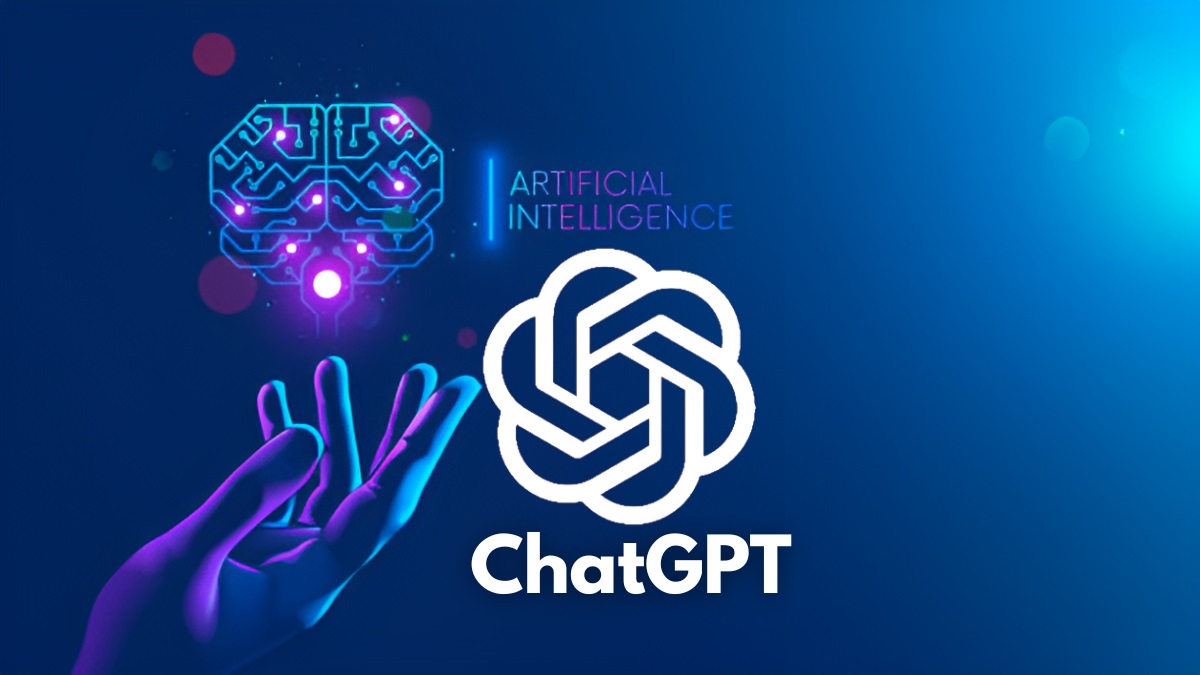In a world where technology is rapidly advancing, it’s no surprise that some jobs are being replaced by automated services. ChatGPT is one such example, and it could be replacing up to 10 different roles in the near future. Read this article to find out which jobs are at risk and how ChatGPT could affect you!
Table of Contents
Introduction to ChatGPT
The internet has revolutionized the way we communicate, and chatbots are the latest innovation to change the way we interact with businesses and services online. ChatGPT is a new artificial intelligence (AI) chatbot that is being developed to replace customer service representatives, call center agents, and other human-powered customer support roles.
This technology is not just limited to businesses; it is also being developed for use in education and health care. In this article, we will explore how ChatGPT works and what implications this technology may have for jobs in the future.
What is ChatGPT?
ChatGPT is an AI chatbot that is being developed by OpenAI, a research company founded by SpaceX co-founder and Tesla CEO Elon Musk. The goal of this technology is to replace human customer service representatives with a computer program that can understand natural language and respond accordingly.
To do this, ChatGPT uses a neural network that has been trained on billions of conversations from customer support channels like chatrooms and call centers. This allows the chatbot to understand human conversation and respond in a way that mimics a human response.

What are the implications of ChatGPT?
While ChatGPT is still in development, there are already many implications of this technology that could be felt in the near future. For one, this technology has the potential to drastically reduce the number of customer service jobs available. Businesses would no longer need to hire
What are the 10 Jobs Replaced by ChatGPT?
- Customer service representative
- Technical support specialist
- Telemarketer
- Data entry worker
- Recruiter
- Travel agent
- banker
- financial analyst
- accountant
- lawyer
How is ChatGPT Changing the Workforce?
The internet has been a game-changer for the workforce. It’s allowed people to work from home, start their own businesses, and find jobs that they love. And now, ChatGPT is changing the workforce again.
ChatGPT is a chatbot that can do the job of a customer service representative, salesperson, or even a manager. It’s been trained to handle common tasks like answering questions, taking orders, and scheduling appointments. And it’s available 24/7, so it can work when you need it to.
So how is ChatGPT changing the workforce? For one thing, it’s making some jobs obsolete. If you’re in customer service or sales, you may be replaced by a chatbot in the near future. But don’t worry – there are still plenty of jobs that humans can do better than chatbots. Here are some examples:
Creative jobs: Jobs that require creativity and originality are safe from ChatGPT. So if you’re an artist, writer, or musician, you don’t have to worry about being replaced by a machine.
Jobs that require interactivity: Chatbots are good at handling simple tasks, but they’re not very good at interacting with people. So if your job involves a lot of human interaction – like teaching or therapy – you don’t have to worry about being replaced by ChatGPT.

Benefits and Risks of Automated Chats
When it comes to customer service, automated chatbots are becoming increasingly popular. And it’s no wonder – they can provide a quick and easy way for customers to get answers to their questions without having to wait on hold or talk to a human agent.
However, there are also some risks associated with using chatbots. For example, if a chatbot is not programmed properly, it could give inaccurate information or even frustrate customers by not understanding their needs. Additionally, automated chats could lead to job losses for human customer service agents.
Overall, automated chats can be a helpful tool for both businesses and customers. However, it’s important to be aware of the potential risks before implementing them in your customer service strategy.
Potential Future Implications of ChatGPT
As machine learning and artificial intelligence continue to develop, chatbots are becoming increasingly sophisticated. This is particularly true for ChatGPT, which is based on a transformer model that allows it to generate human-like responses.
While ChatGPT is currently only being used for customer service and support, there are potential implications for other industries as well. For example, ChatGPT could be used to automate tasks that are currently performed by human employees, such as data entry or customer service. Additionally, ChatGPT could be used to generate automatic responses to common questions or queries.
There are also potential implications for the job market. As chatbots become more sophisticated, they could replace humans in a variety of jobs. For instance, customer service representatives or data entry clerks could be replaced by ChatGPT-powered chatbots. This could lead to significant job losses in these industries.
Of course, it’s impossible to know exactly how ChatGPT will develop in the future. However, it’s important to be aware of the potential implications of this technology so that we can prepare for them accordingly.

Tips for Job Seekers in a Changed World
The global pandemic has changed the job market in a big way. Many industries are struggling, and jobs are being lost left and right. It’s a tough time to be looking for work. However, there are still opportunities out there. You just have to know where to look and how to adapt to the new normal.
Here are some tips for job seekers in a changed world:
- Get creative with your job search.
There are lots of ways to find jobs these days, so get creative with your search. Check out job boards, social media, and networking sites. You can also reach out to companies directly or use a recruiter.
- Be flexible with your requirements.
In today’s market, you may need to be open to different types of roles or locations. Consider temporary or contract positions that can give you the flexibility you need right now. And don’t rule out relocating if it means landing the job you want.
- Update your skillset.
Many companies are looking for candidates with specific skillsets. If you’re not sure what employers are looking for, take some time to brush up on your skills or learn new ones that will make you more attractive to potential employers .
- Network like never before.
Networking is still one of the best ways to find a job. Reach out to your contacts and let them know you’re looking for work. You never know who might have just the right opportunity for you.
- Be persistent with your applications.
The job market can be competitive, so don’t give up if you don’t hear back immediately from employers. Follow up on your applications and show that you are serious about getting the job.
Conclusion
ChatGPT is quickly becoming an important part of the workforce. If you are in one of the ten jobs that it is replacing, now is the time to start planning for a new career path. However, ChatGPT could also open up opportunities for those looking to break into certain fields or even create new ones. As with any technological advancement, there will be both pros and cons associated with its implementation. It’s important to stay informed about what’s going on so that you can understand how these changes may affect your job prospects in the future.





